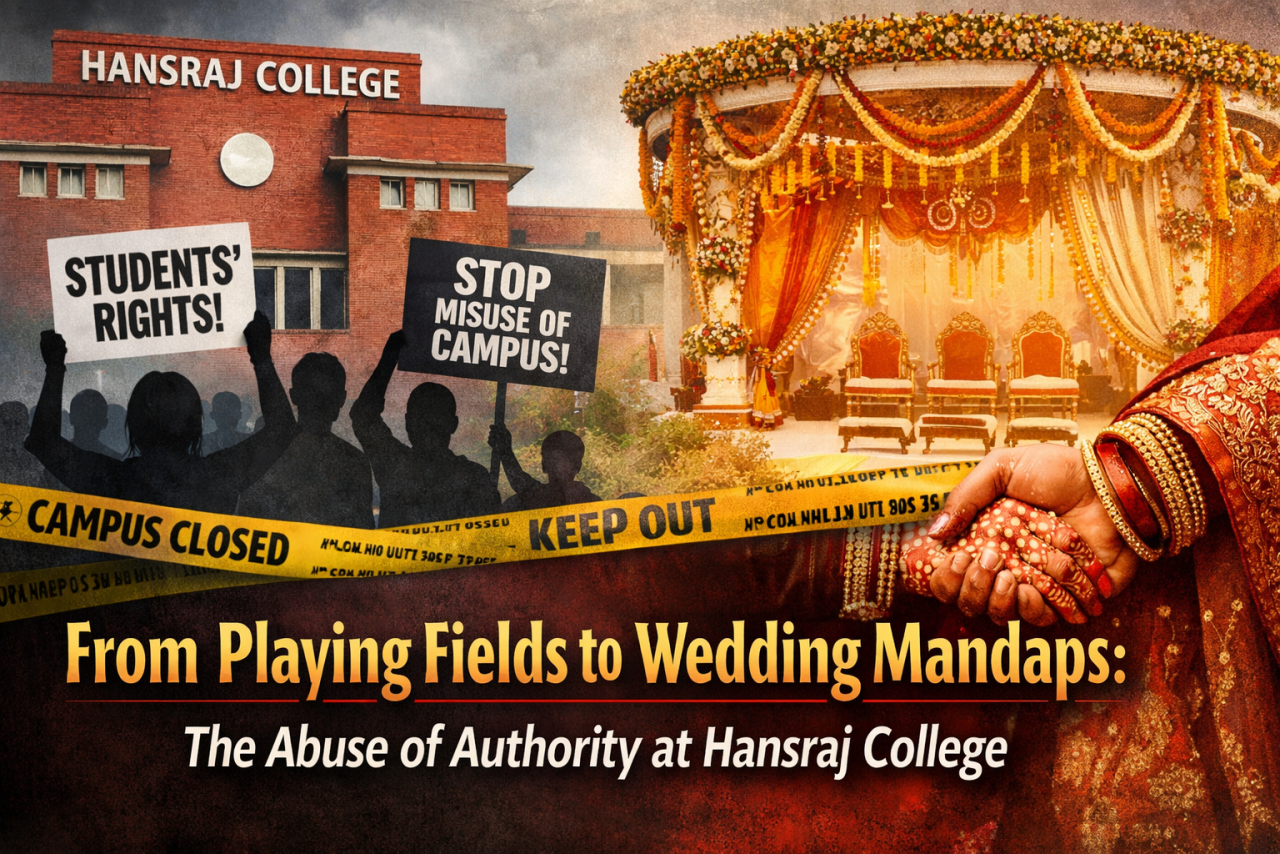
Nineteen-year-old Anirudh from Jaipur was not looking for trouble. He was simply curious. During an IPL commercial break, he saw a rummy app advertisement. It featured his favourite Bollywood star and promised fun, skill, and big rewards. His grandmother thought it was a harmless brain game like Ludo or chess.
But within two weeks, things took a bad turn. Anirudh secretly linked her debit card to the app. Attracted by offers of free chips and welcome bonuses, he ended up losing ₹48,000. His grandmother was heartbroken. It was not just about the money. It was the shock of being misled by what looked like a safe, friendly game. In reality, it was a clever trick in the name of gaming.
This is not a one-off case. A 2023 report by Save the Children India revealed that nearly 23 percent of Indian teenagers in urban areas had either participated in or knew someone who participated in online money-based games. The line between gaming and gambling is becoming blurry for India’s youth, with disastrous consequences.
These gambling apps do not advertise openly. Instead, they hide behind the label of skill-based games. Celebrities promote them as safe, fun, and even educational. According to a report by Hindustan Times in April 2024, around 29 well-known actors and influencers including Vijay Deverakonda and Rana Daggubati are being investigated for endorsing online gambling apps.
These endorsements matter. A 2022 report by IAMAI, the Internet and Mobile Association of India, stated that 62 percent of youth aged 18 to 24 were more likely to trust and try an online game if a celebrity endorsed it. They say it is just a game. But when money is involved and people start losing their savings, it becomes much more serious than that.
Even respected actors like Paresh Rawal have appeared in ads that make rummy look like a mind sport. These ads usually run during cricket matches or before YouTube videos. And this is happening despite disturbing reports.
The National Crime Records Bureau reported over 100 suicides in 2022 linked directly to online gambling losses. Yet, these apps continue to flourish. Why? One obvious reason is money.
According to the Union Budget 2023 to 24, the government collected over ₹1,200 crore in GST from online gaming and betting platforms. Some of these companies also contribute to political funds. So, maybe turning a blind eye is more profitable than stopping it.
IPL cricket is a favourite in every Indian home. But alongside the excitement of the match, another game is going on, betting. Fantasy sports apps are advertised everywhere. They promise fans a chance to use their knowledge and win rewards. But many times, these platforms are just a cover for real money gambling.
A FICCI EY 2023 report revealed that fantasy sports betting in India grew by 31 percent in one year. Several betting apps have been found linked to illegal syndicates and money laundering cases according to ED investigations. Meanwhile, the government keeps collecting taxes and rarely steps in. On paper, betting is discouraged. But in reality, it is deeply integrated into India’s sports ecosystem.
This is not about fun or skill. It is about a multi crore industry using legal tricks to look respectable. These apps are designed to look like simple games. Celebrities bring trust and visibility. Rummy and poker are called games of skill to avoid gambling laws. There are few or no real checks from authorities.
In 2023, India had over 400 million online gamers, with nearly 25 percent engaging in real money games according to Statista. Young users, especially in the 18 to 24 age group, are the most active. A teenager can lose ₹50,000 in a night, and the app company faces no consequences because it is legal.
These apps are designed to make people come back again and again. They use smart tricks like flashing wins, exciting sounds, and animations to keep the player hooked. This is called dopamine feedback and it makes users believe they are in control when they are not.
A 2022 NIMHANS study confirmed that such games can lead to addictive behaviour, especially in young people who already spend long hours online. When a trusted actor or cricketer promotes these games, users let their guard down even more.
Even children are learning how to register, deposit money, and play these apps. What used to be a peaceful family game night is now a risky battleground for the mind.
So here is the million-rupee question, how long will we keep ignoring this? Over 7 crore Indians under 25 access online gaming apps regularly. Youth are now among the fastest growing group of online gamblers. Suicides, bankruptcies, and mental health issues are on the rise.
Today, the platforms, the stars, and even the authorities are all complicit in a dangerous gamble. And the ones paying the price are ordinary people who believed it was safe simply because their hero said so. It is time for regulation. It is time for accountability. It is time to stop calling this just a game.
-By Shubhajit Chakraborty
Chakraborty.shubhajit@gmail.com





















